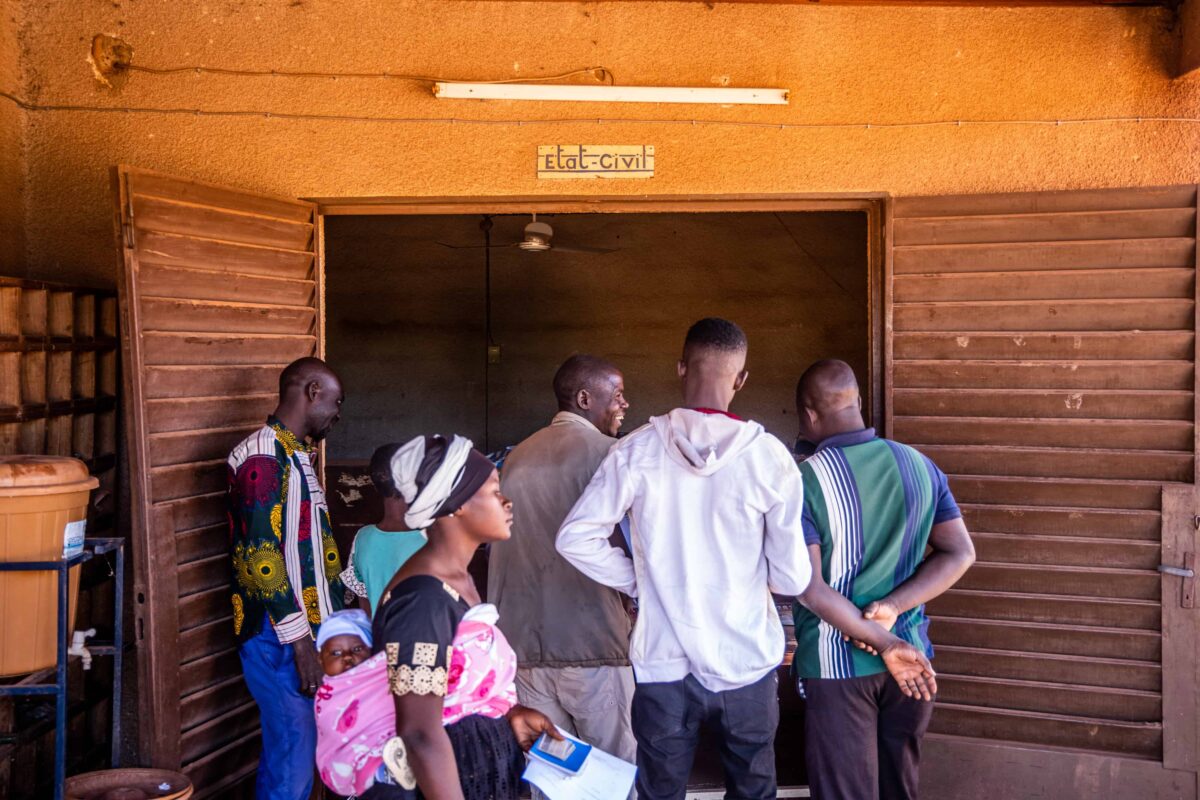The USAID Local Capacity Development (LCD) program in Vietnam empowered local governments and stakeholders to create a shared vision of enhancing effective, inclusive and sustainable governance. This improved public service delivery (e.g. clean water, effective waste management, expedited administrative services, efficient business licensing, etc.), fostered resource mobilization and sustainability, and strengthened local economies. The project responded to the Government of Vietnam’s objective to enhance its local capacity, underpinning the country’s journey to self-reliance, and contributing to an open, prosperous, and secure Vietnam.
The USAID Vietnam Local Capacity Development Activity’s success centered on helping local governments assess and prioritize their most critical service delivery needs and then building networks of key stakeholders to iterate solutions and improve local services. This helped to empower locally led solutions to priority public service delivery issues.
The five-year technical assistance program focused on four provinces and cities in Vietnam: Vinh Phuc, Thua Thien–Hue, Can Tho and Dong Thap, and three districts in each province/city.
Program AChievements
The project offered tailored capacity strengthening to local governments, local organizations and the private sector to fully engage and work together to improve local public service delivery. The project also supported the Academy of Policy and Development (APD), as the government’s learning institution on public service delivery and administration, in strengthening their training administration, improving research skills and adult teaching methods, modernizing their curricula and developing and delivering short courses on local governance.
The project fostered robust and inclusive engagement of local governments, local organizations and the private sector via existing and new public-private dialogues, forums, coffee talks, and networks organized around specific and prioritized issues. This helped to empower locally led solutions for priority public service delivery issues. The project also supported the increased digitalization of administrative services delivered by local governments, a priority of the government of Vietnam.
The project supported the implementation of innovative public service delivery improvement solutions developed by the local networks, as well as:
• Integrating service improvements into existing services for long-term sustainability (procurement, oversight, operations, maintenance, etc.).
• Piloting incentive funds to reward and encourage improvements in DDCI scores.
• Recognizing local governments that meet key requirements, metrics and offerings that stimulate and enable local economic development.
• Assisting local governments in mobilizing additional resources, including from the private-sector and non-traditional sources, to sustain the improvements.
• Helping APD build a national database of service improvements and improve oversight.

